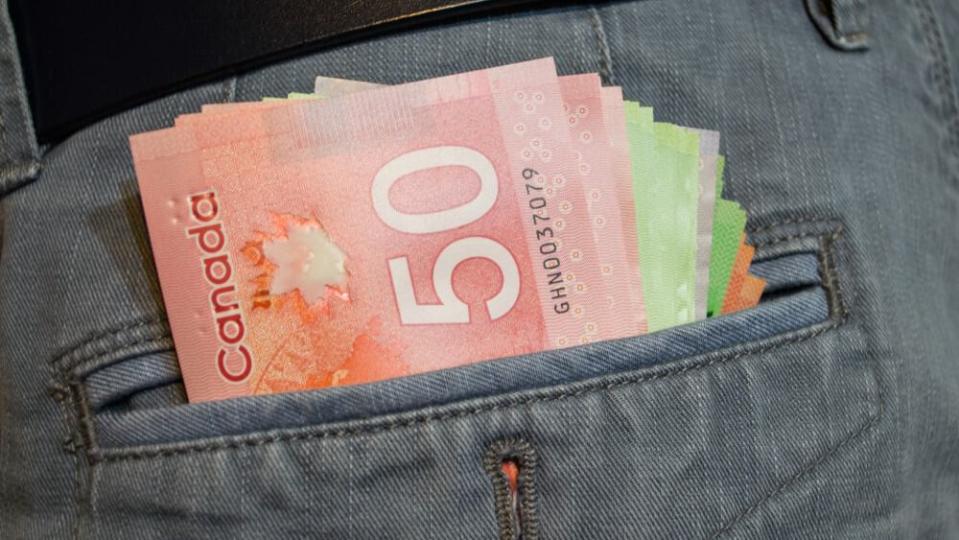Dividend Investors: Is This 1 Stock the Best Play in 2020?

Cardinal (TSX:CJ) is engaged in the acquisition exploration and production of petroleum and natural gas in Alberta and Saskatchewan. It derives its revenues from crude oil, natural gas liquids (NGL) and natural gas.
The recent dip in natural gas prices have driven down the company’s share price, which is down 13.14% year-to-date. The company decreased its dividend during the fourth quarter of 2018 to $0.01 per month, but as of July 15, 2019, it increased to $0.015 per month, resulting in a dividend yield of 8.78%.
An interpretation of the numbers
For the six-months ended June 30, 2019, the company reports an unimpressive balance sheet. Total assets are down $15 million driven by a $16 million decrease in deferred taxes followed by $9 million decrease in PP&E.
Investors should be watchful of decreases in PP&E, as it suggests decreases in capital expenditure spending that may signal a slowdown in business.
The company finished the period with $322 million in negative retained earnings, down from $295 million six months prior, which is caused by a $20 million net loss.
Looking at the income statement, the company reports an increase in revenues from $105 million to $148 million driven by decreases in realized and unrealized losses on commodity contracts.
Investors cannot rely solely on changes in commodity contracts to support an investment decision as the commodity prices are outside of the company’s control. Cardinal reports a decrease in revenues from $207 million to $200 million driven by a $6 million decrease in crude oil sales.
The company reports an increase in operating cash flows from $54 million to $63 million. Cash from investing activities are down to $(28) million from $(11) million are largely due flat capital expenditure spending and the absence of a $25 million gain from the sale of PP&E in 2018.
But wait — there’s more
Looking at the company’s notes to its financials indicate a couple of important items.
First, the company has access to a $325 million credit facility consisting of a $295 million syndicated term credit facility and a $30 million non-syndicated operating term credit facility. As of June 30, 2019, the company is in compliance with the terms of the facilities.
Second, in December 2018, the company announced a normal course issuer bid (NCIB), giving the company the ability to purchase up to $5 million aggregate principal amount of its convertible debentures.
These convertible debentures allow holders to convert into common shares at $10.50 per common share at any time prior to the maturity date. The company purchased and cancelled the maximum number of convertible debentures.
Third, the company increased its dividend from $0.01 monthly to $0.015 monthly; this is a good sign for investors, as it come after a decrease in dividends during the fourth quarter of 2018.
By increasing the dividend, Cardinal sends a message to investors that the company expects its financial situation to be stable in the near future.
Foolish takeaway
Dividend investors looking for an oil and gas play should consider buying shares of cardinal. At an 8.78% dividend yield, investors expect to receive generous dividend payouts from Cardinal.
Despite having a negative retained earnings, the management team has demonstrated its adeptness through the purchase of the convertible debentures, saving the company $200,000 and the recent increase in dividends which signals a return to financial stability.
More reading
Canada Revenue Agency: 80% of Canadians Are Making This TFSA Mistake
TFSA 101: How Retirees Can Earn an Extra $635 Per Month in Tax-Free Pension Income
TFSA Users: $10,000 in This 12.58% Dividend Stock Pays $1,258/Year
Fool contributor Chen Liu has no position in any of the stocks mentioned.
The Motley Fool’s purpose is to help the world invest, better. Click here now for your free subscription to Take Stock, The Motley Fool Canada’s free investing newsletter. Packed with stock ideas and investing advice, it is essential reading for anyone looking to build and grow their wealth in the years ahead. Motley Fool Canada 2019

 Yahoo Finance
Yahoo Finance 